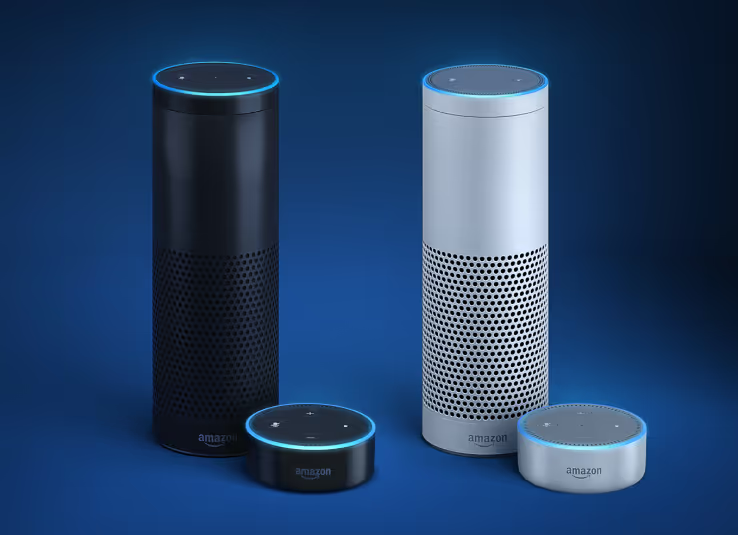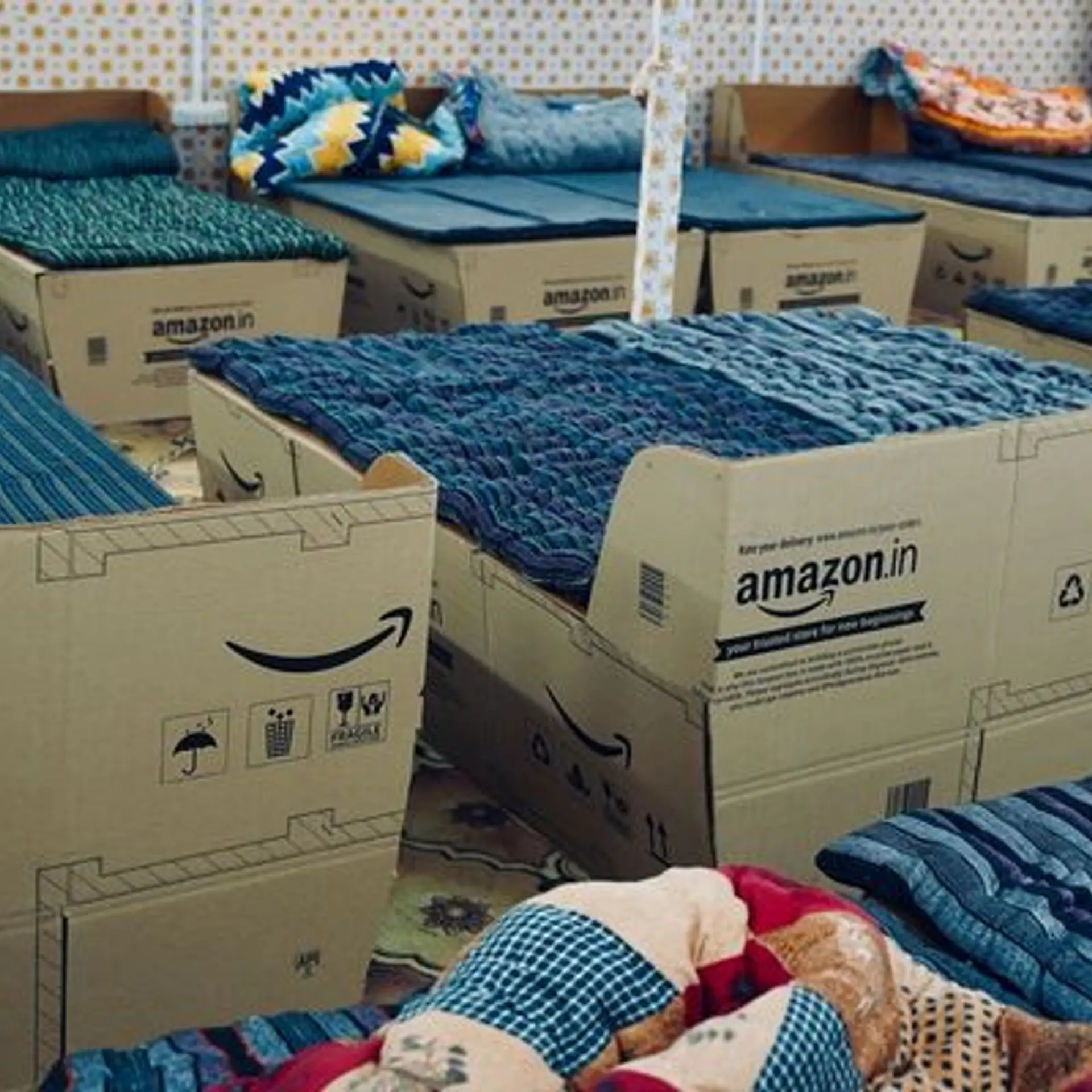Smart speakers are now the fastest-growing consumer technology ahead of AR, VR, and wearables
More than 56 million smart speakers will be shipped out in 2018. From hardware adoption, the market will move towards services and consumer engagement.
Consumer tech has been bitten by a new bug — smart speakers. These are said to be growing in adoption faster than all other recent technologies viz. AR, VR, and even wearables. Tech analysts say 2017 was a “banner year” for smart speakers with record hardware sales driven by Amazon and Google.
But, 2018 is going to be bigger and better. More than 56 million smart speakers are estimated to be shipped this year, according to a Canalys forecast. That amounts to a whopping 10X growth since 2016, when only five to six million smart speakers were shipped.

While last year was about driving orders and installations, 2018 would witness increasing consumer engagement with the devices. Smart speakers as a segment will move beyond hardware as manufacturers will look to monetise the installed base. Amazon’s Echo line of speakers and Google’s Home products will take the lead again.
Lucio Chen, Research Analyst at Canalys, notes: “The possibilities to do this are endless, be it discreet advertising, content subscription bundles, premium services or enterprise solutions. The technology is still in transition, and increased investments from multiple players of the ecosystem will fuel growth.”
Consumer acceptance of smart speakers has been rapid, especially in the US. However, future growth is slated to come from markets like Western Europe and Asia (barring China, which has banned Amazon and Google again) too.
Rising broadband penetration coupled with declining prices of smart speakers and the increasing integration of AI technologies is accelerating adoption world over.
The forecast states, “Vendors have begun offering successful upgrades to their latest models, and a key element driving this stickiness are the smart home partnerships. Alexa’s multiple smart home integrations, Google’s partnership with Nest and Apple’s HomeKit initiatives will continue to excite consumers of the smart speaker and fuel sales in 2018.”
Main players
Amazon, of course, occupies a lion’s share of smart speaker sales. In 2017, it occupied over 70 percent of the market. Google Home was a distant second with a 24 percent share. Amazon is expected to generate $10 billion in additional revenues from the sale of Echo devices by 2020. Jeff Bezos announced in a recent earnings call that Amazon would “double down” on investments in Alexa-powered devices.
Amazon and Google rival Apple too has a smart speaker variant in the HomePod. While Apple’s share in this segment is very low, audio experts reckon the HomePod outdoes Amazon Echo in terms of sound quality and user experience. But, its steep price point of $349 compared to the Echo’s $85 might slow down adoption in cost-sensitive markets.
Besides the top three, other region-specific players will also join the smart speaker race in 2018. In China, for instance, local tech giants like Alibaba, JD.com and Xiaomi are already testing their own devices in the segment. Amazon, Google and Apple are blocked from selling their smart speakers in China.
Canalys’s Chen said, “Traditional hardware vendors have been cautious at the beginning, but with deep-pocketed Alibaba ramping up investment in the category, and Xiaomi launching lower priced skews of its Xiaomi Mi AI Smart Speaker, the market will be ignited in no time.”







